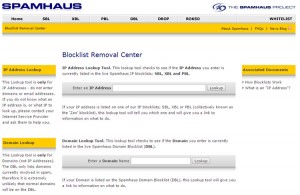
While it’s true that your resume should be about showing how you can benefit a future employer, it’s also all about you. It’s your opportunity to showcase what makes you stand out and what you have accomplished. Often job seekers will downplay their achievements because they were part of a team or don’t want to seem overzealous. But this is your chance to shine and make the most of what you have done through the years. Even if you weren’t the only contributor, you still played an integral role in achieving results, so let employers know.
Here are some areas to consider where many job seekers leave valuable information off of their resume:
- Part of a team: Just because you didn’t do a project on your own doesn’t mean that your contributions weren’t important. Think about the role you played and the difference it made. You can still take credit for the results because it was in part due to your efforts. When adding it to your resume, emphasize what you did and why it mattered.
- Special circumstances: Even if you only did something once because it was a special project, it could still be worth mentioning. It can show your flexibility, skills in other areas, and willingness to go above and beyond. It doesn’t necessarily matter that it wasn’t a regular part of your job because it is still an accomplishment and shows your ability to achieve results.
- Different line of work: Many employees go through position changes or even career changes throughout their lives. While you want your resume to be relevant to the type of work you are seeking, successes in other areas can still tie in. Look for those that show transferable skills and make you stand out. Even if it’s not exactly what you will be doing now, it can have an impact and show that you get the job done and do it well.
- Volunteer work: You don’t have to get paid for work to make it count. If you are an active volunteer and have done a lot to boost the productivity and performance of a non-profit, let potential employers know. Your work is not any less meaningful because it was as a volunteer and it can demonstrate that you are not in it just for the money – that you actually care about helping others, achieving results, and putting your skills to use.
It’s your resume and your introduction to a potential employer, so make yourself stand out. Take credit where credit is due and don’t feel guilty about bragging about your accomplishments. You have worked hard to get where you are and if you don’t tell a future employer about what you can do, who will? Think about what you want to convey and include those examples that are the strongest representation of your abilities and results.
(215)
Report Post






